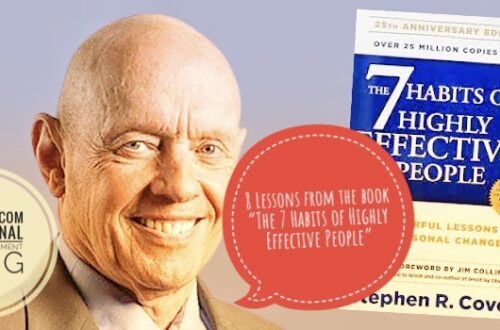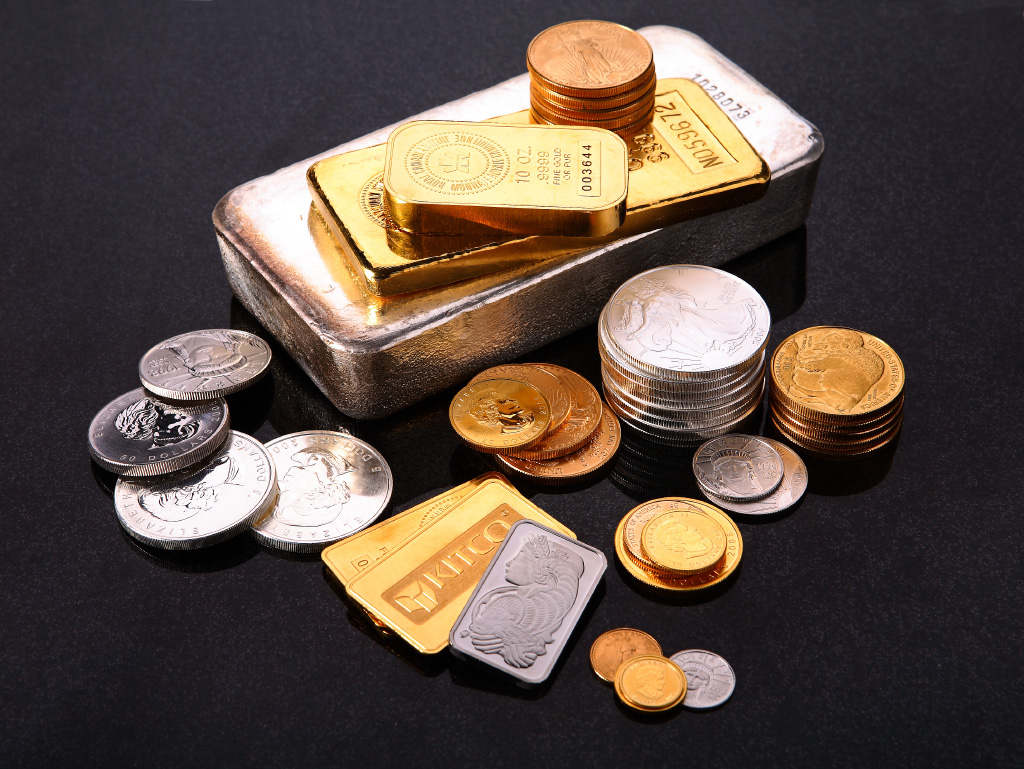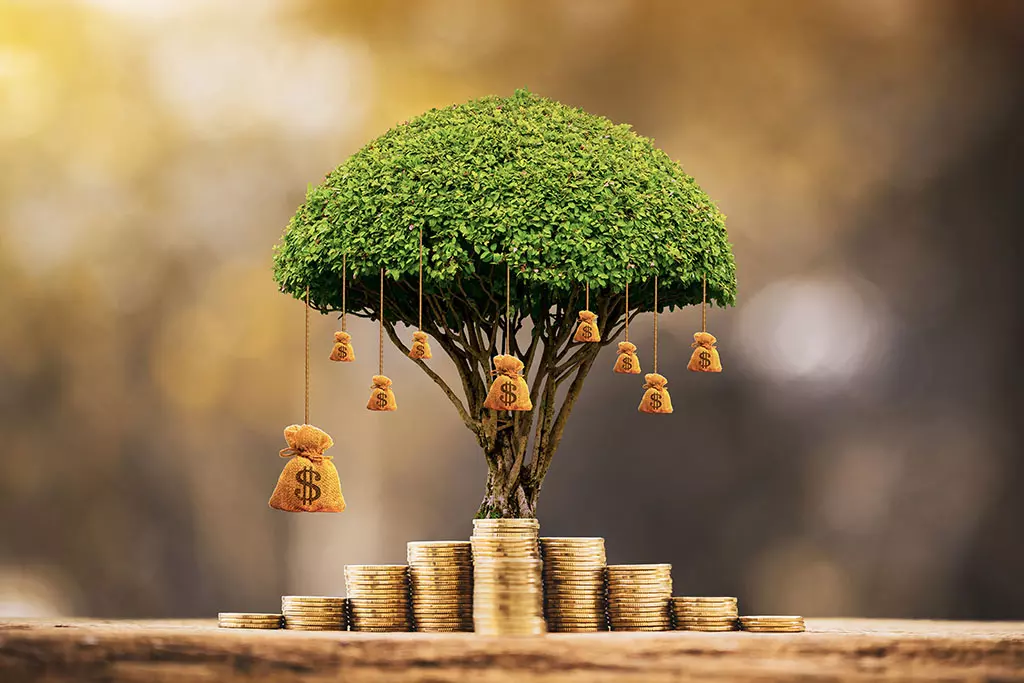
8 Tips To Becoming Smart About Money (and Personal Finance)
Schools mold us to become model employees. Sooner do we start our careers as working professionals do we realize we have no clue how to manage our hard-earned money.
Personal fina nce was never taught in schools. And perhaps our parents were never great role models for good money management. The task of learning about personal finance is left up to us.
nce was never taught in schools. And perhaps our parents were never great role models for good money management. The task of learning about personal finance is left up to us.
This is a guide to nudge those who are willing to learn. It is a kick-starter to a journey of self-learning to how to manage money.
Did you know:
Our day-to-day lives are bombarded with advertisements and commercials persuading us to open our wallets and spend away. Is it any wonder that last year, a study showed that regular American households have $16,748 of credit card debt?Debt is often borne out of ignorance about personal finance and money management. We simply do not understand how much we earn and how much we spend.
1. Let’s start with our definition of money.
How we define money is a good indicator on how we will treat money in our life and the actions we take to earn and keep it.
Our thoughts about money can dictate how we attract and retain money into our life. If our thoughts are warped and leaning towards the negative we most likely will not have a lot of money.
Excercise:
Take 5 minutes to define money. What does money mean to you?
- Write down your answer.
- Write down the thoughts that come to your head when you think about money.
- Do this quickly without over-thinking.
The expression “money is the root of evil” is often a popular pre-conceived notion about money. We associate money with thoughts that are eit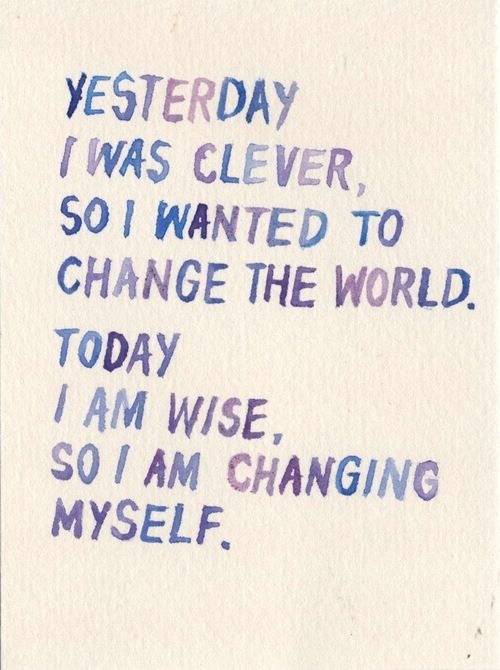 her positive or negative in our life. Once you have answered these questions, ask yourself whether your definition of money is a positive or negative one.
her positive or negative in our life. Once you have answered these questions, ask yourself whether your definition of money is a positive or negative one.
Money is neutral. Money is neither good nor bad, but simply it is a tool for exchange. In its simplest form, you can think of it like energy.
“Now, this is the key to your Deliberate Creating: See yourself as this magnet, attracting unto you the way you feel at any point in time. When you feel clear and in control, you will attract circumstances of clarity. When you feel happy, you will attract circumstances of happiness. When you feel healthy, you will attract circumstances of health. When you feel prosperous, you will attract circumstances of prosperity. When you feel loved, you will attract circumstances of love. Literally, the way you feel is your point of attraction.”
– Abraham ~ Jerry and Esther Hicks
We must work on re-defining what money means in order for us to have a healthy relationship with this energy.
In the dictionary, money is defined as ‘a medium of exchange’. Start by defining your own positive definition of money. Some examples could be: “money is simply energy” and “like the energy it is neither good or bad”. When we see money as neutral, our mind can have no qualms about having money.
When we see money as neutral, our mind can have no qualms about having money or not having money. In the abundant universe, visualizing having plenty of something without feeling like we are not deserving is a great thing. Because it is simply natural for us to have everything we need, and that includes money.
2. The Art of Money Defense.
Think of personal finance like a game of sports. Personal finance falls into two areas: offense and defense. And like any sport, if we are weak in either of these areas we cannot win.
Defense is the way we keep and retain the money we have earned. These are activities such as saving and budgeting.
In order to be great at defense, it can mean learning to budget and save your money. Becoming more mindful in our spending and actually tucking away money you earn to save or invest.
Here is an article I wrote about playing great defense with money: 8 Tips to Become a Smart Spender.
3. The Art of Money Offense
Offense is the way we earn money. These are activities that can include our jobs or our own business.
In order to be great at offense, it may mean becoming more employable by learning new skills and being great at those skills. This is done by investing in ourselves through education.
It can also mean starting a lucrative business or a side gig. These are actions we take to increase the amount of money that comes into our life. For more tips, please read my article 8 Lessons from the Richest Man in Babylon (On Wealth Building).
4. Living Below Our Means
Are you living above, within, or below your means?
First things first — we should be able to answer this question not with guesses but with facts. Start by doing work by tracking down our “cash-flow” using either Excel or Google Sheets, document how much we earning and spending for three months.
There are a number of software and websites that do this already for us and for free. I personally use Mint.com. Once you have your cash-flow tracked, you should be able to figure out how much money you have coming in (offense) and how much money you have going out (defense).
Once we find that we are living above or within our means, the next step is to make 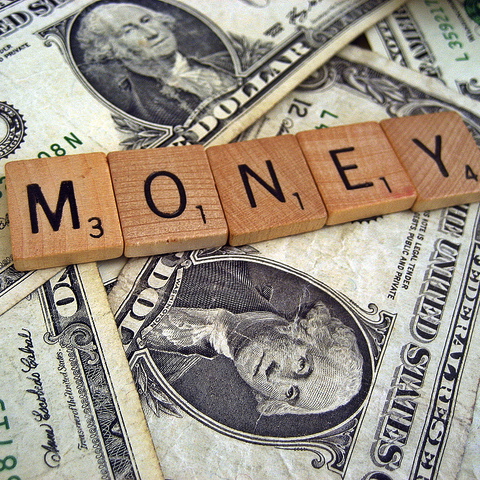 some cuts and adjustments to our spending to ensure we are living below our means.
some cuts and adjustments to our spending to ensure we are living below our means.
Next thing is to establish an Emergency Fund. This is the fund we need in case of emergencies such as a job loss, unforeseen medical expenses, or accidents.
This is an important fund to have, and it should be the first thing we start saving up for.
5. Building an Emergency Fund.
We should have an equivalent of 6-8 months of our expenses kept in an emergency fund. How do we do that?
We must know our monthly expenses. This is why tracking our expenses on a month-to-moth basis is important. It enables us to see the whole picture of how much money we have coming in, and exactly how much money we have gone out every month.
Here’s how we can start:
1. Total all your expenses for a month. Let’s say you have $500 in rent, $200 in food, $200 in transportation, $100 in utilities. Total is: $500 + $200 + $200 + $100 = $1,000. The total of $1,000 is your one month expense.
(Now, monthly expenses may vary from month to month. For example, we spend more during December months due to the Christmas holiday. What we can do to factor this in is –we track about 3-4 months of our monthly expenses and use the average. Let’s use $1,000 as an example.)
2. Multiply with 6-8 months to find your target Emergency Fund Goal. $1,000 x 8 = $8,000. So we will need $8,000 as an emergency fund. This will be our goal, we must have this amount in our Emergency Fund.

Having 6-8 months of an emergency fund could be daunting to those who have no savings, I suggest starting small.
Accumulate $1,000 emergency fund as a start.
Do you what you need to do to build this first $1,000, whether you sell off stuff you don’t need or cut back on your morning lattes in Starbucks. Once you have your $1,000, then continue saving towards your Emergency Fund goal month-to-month until you have the full amount.
Where should you keep and deposit your Emergency Fund?
I suggest keeping our emergency fund in an account that is harder to reach. This fund is only for emergencies, therefore we should not dip into this fund at all, no excuses. I keep mine using an online bank, such as CapitalOne (Orange Savings Account).
The reason I’m using an online bank is that in order for me to take out money in my emergency fund it requires logging online, creating a transaction for the online bank to deposit the money to my brick-and-mortar bank. Therefore, although the money is liquid, I can access that money but not readily. This deters me from using that fund for rash purchases and anything else other than emergencies.
6. Re-define: Want vs. Need
A broke person mixes up the definition of need versus want, it is very important to distinguish between the two.
Need equates to a necessity to live, for example, we ‘need’ water to drink otherwise we will die of thirst.
Need means not having it will lead to your demise, or at least close to it.
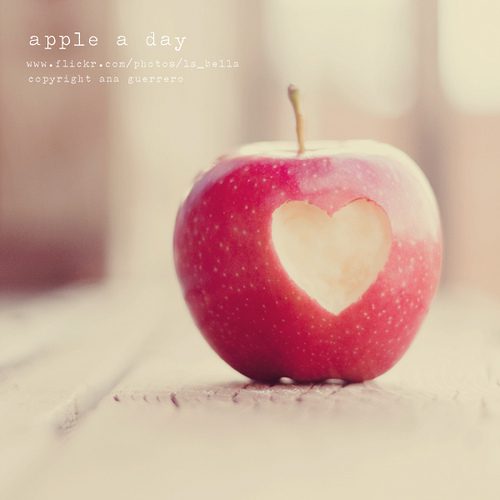
Want is different, we can want something but not having it will be ok.
We ‘need’ at least one pair of shoes, otherwise, we will have to walk barefoot.
We ‘want’ another pair of shoes but we can really live ok with just the one we already have.
The difference is subtle but in our subconscious, if we call everything a need we usually have to buy it now.
‘Wants’ can be put-off, but ‘needs’ cannot.
When we go out and buy something, we must make sure we use the correct word. We really don’t ‘need’ a new iPhone when the one we have is working ok. We ‘want’ it.
Once we become honest with ourselves, we will realize that we can put-off ‘wants’ until we have the money. This is gooddefense. Chances are, the things we ‘want’ can be deferred. We might even be able to bargain the price of it or get it cheaper if we smartly shop online.
The more we distinguish the need versus the wants, the less stuff we buy.
7. Cash Is King. Credit Card Debt Is Our Ticket To Debt.
Cash is king. If we don’t have the cash, we cannot afford it.
In the days of our grandparents, they use cash for everything. That’s because credit cards weren’t invented yet. In turn, they weren’t in debt as we are now either.
Credit cards are great — they are great for banks to get you spending money you don’t have so that they can charge you interest for doing it!
In a sense, we’re spending future money we haven’t earned yet and then some.
Avoid using credit cards if you cannot pay off the balance every month.
Debt is the modern day bondage and slavery, we become the slaves of the banks!
“Abundance is the ability to do what you need to do, when you need to do it.”
– Bashar (Darryl Anka).
An alternative if we fancy using cards is to use debit cards instead of credit cards.
Debit cards are better because we are using the money we have in the bank. Each transaction gets deducted from the amount of money we have available in our checking. It’s an alternative to paying in cash! I recommend debit cards over credit cards.
There is also a downside to using cards that we should watch out for and that is: it is very easy to overspend.
Since cash is tangible (you can hold it in your hands), we are apt to think twice before parting with cash than we would if we use a card. It is also very easy to forget how much we spent if we do not see and feel the money in our hands and wallet.
8. Sell Off or Donate our “Stuff”!
A cluttered home is bad for the money. An indicator of someone not good with money is that they tend to have a very cluttered and unorganized living space.
Clutter is like cholesterol in Feng Shui. Feng Shui originated in China and has been in existence for over 3,000 years. It is an art of balancing the energies within our living spaces to bring about good health and abundance into our life. By analyzing this energy flow which includes elemental and spiritual components, we can make improvements in our lives.
Having a lot of clutter in our home will prevent energies from flowing freely.
Check out my article on Feng Shui here: 8 Feng Shui Tips to Improve Your Home and Life.
It’s time to get rid of all the stuff we don’t need that is just cluttering our home.
I suggest selling off stuff we can still sell, donating stuff that someone might be able to use, and throwing out the rest.
Be very lenient in cleaning up your home and getting rid of clutter. As we get rid of clutter, we will free up energy that the clutter is taking up within our living space.
Having a clean home will create very positive energies within us. In addition, it will also deter us from buying too much stuff that we know will just create clutter.
We don’t need an extra kitchen gadget when we know we have no place for it. A cleaner and more organized home will make us feel comfortable and grateful, which in turn creates a more positive and abundant energy.
I hope you enjoy this article, a primer on personal finance, money, and abundance. Please feel free to leave a comment!


